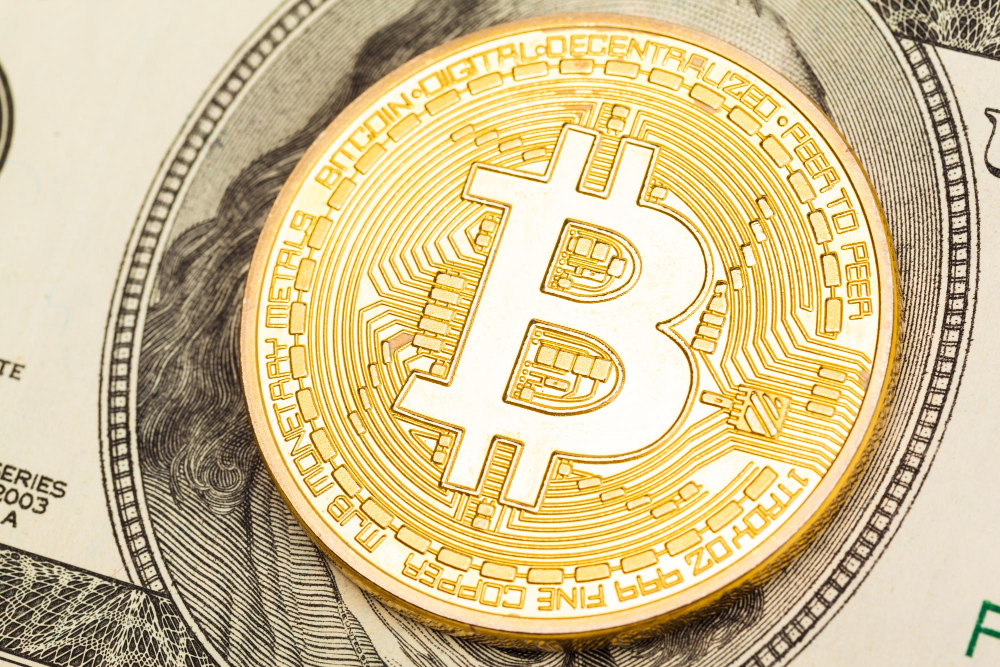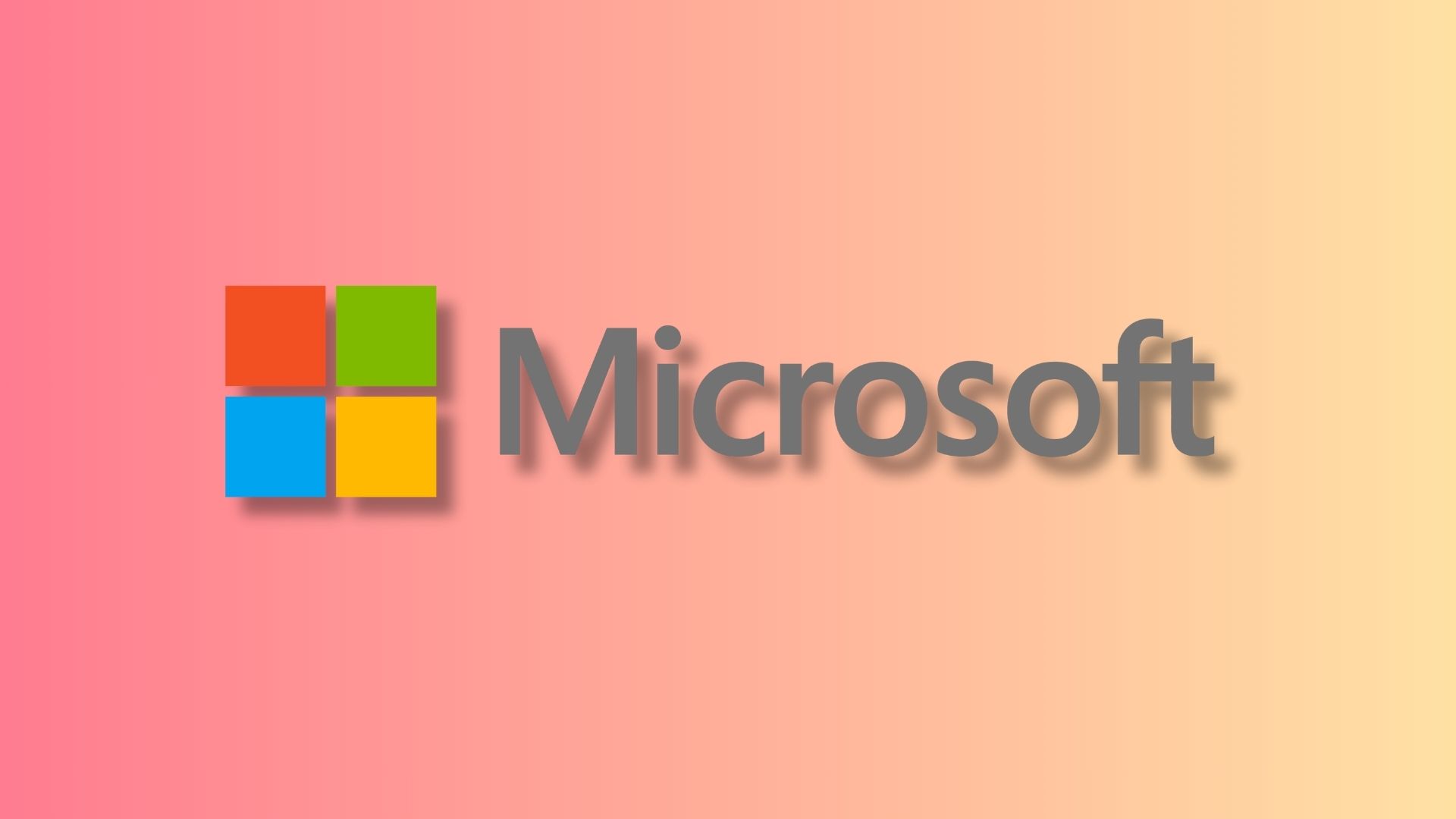A panel at the International Submarine Cable Resilience Summit 2026 in Porto examined how economic viability and resilience intersect in efforts to extend submarine cable connectivity to underserved regions. Moderated by Aliu Yusuf Aboki, the discussion brought together development banks, regulators, and international organisations to explore how financing models, policy reforms, and partnerships can turn fragile cable projects into sustainable foundations for digital growth.
Aboki opened by stressing that resilience directly affects the economics of connectivity, influencing insurance costs, repair times, service continuity, and investor confidence. Referring to the 2024 West Africa cable outages, he warned that a single failure could trigger widespread economic disruption and derail projects already financially marginal, making resilience a prerequisite for attracting long-term investment.
German Cufré of the World Bank Group outlined how traditional financing approaches often fail in challenging markets and argued for flexible risk-sharing models that combine public and private stakeholders. He described a West African project where governments, private open-access operators, and blended finance instruments each took equal stakes, supported by in-kind public assets such as landing stations and fibre networks. Cufré also emphasised the World Bank’s insistence on wholesale open access, ensuring that publicly supported cables remain non-discriminatory, even within private consortia.
Cufré cautioned that blended finance is becoming scarcer just as demand for connectivity is surging due to AI-driven data growth. In response, he said the World Bank is exploring new tools such as a Digital Access Fund to absorb first losses and a model that allows mature cable assets to be sold to institutional investors, freeing capital for new deployments.

Syed Mohammad Shaharyar Jawaid from the Islamic Development Bank announced a dedicated $250 million commitment for digital infrastructure in member states in 2026–2027, noting that many cable developers are unaware that multilateral lenders are actively seeking such projects and that digital infrastructure must be planned alongside reliable energy systems.
Lauren Bieniek of the ITU added a global perspective, citing a $1.6 trillion investment gap in digital infrastructure identified through the Digital Infrastructure Investment Catalyzer initiative. She explained that the partnership among ITU, UNCTAD, and multilateral development banks aims to move beyond diagnostics to accelerate real financing, particularly in regions where market forces alone cannot deliver resilient connectivity.
On the policy front, Rudra Narayan Palai from India’s Department of Telecommunications described reforms introduced following the adoption of the International Cable Protection Committee’s recommendations. These include faster permitting, open ownership rules, and legal recognition of cable landing stations as critical infrastructure. Palai linked these reforms to India’s rapid expansion of data centre capacity and raised questions about whether repair capabilities should rely solely on market mechanisms or require state-backed sovereign capacity, citing prolonged disruptions from Red Sea incidents.
Regional challenges were highlighted by Rodney Taylor of the Caribbean Telecommunications Union, who warned that ageing cables and heavy reliance on routes terminating in Florida expose small island states to systemic risk. He argued that resilience must be addressed regionally rather than nationally and described efforts to build local expertise through a regional school of digital transformation and South–South cooperation with West Africa.
Closing the discussion, Professor Manuel Cabugueira of Portugal’s regulator, ANACOM, presented Portugal’s vision for ‘smart cables’ that combine connectivity with climate monitoring and disaster warning, urging participants to view submarine cables as integrated systems of technology, institutions, and people essential to long-term digital resilience.
Would you like to learn more about AI, tech and digital diplomacy? If so, ask our Diplo chatbot!










